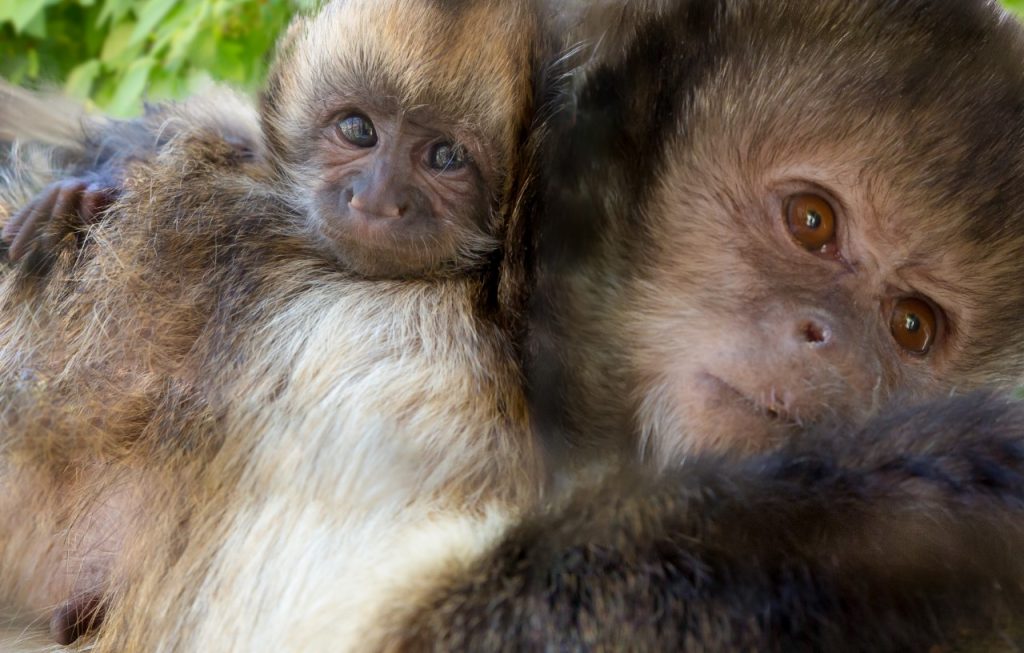Identifying optimal food plants for captive Lord Howe Island stick insects (Dryococelus australis)
Citation
Silcocks S, Lynch M, Shaw M, and Magrath M. 2019. Identifying optimal food plants for captive Lord Howe Island stick insects (Dryococelus australis). In Brooks M, Freel T, Koutsos E Eds. Proceedings of the Thirteenth Conference on Zoo and Wildlife Nutrition, Zoo and Wildlife Nutrition Foundation and AZA Nutrition Advisory Group, Saint Louis, MO.
Abstract
The Lord Howe Island stick insect (Dryococelus australis) was determined extinct by the 1930s as a result of the accidental introduction of the Black Rat (Rattus rattus) in 1918. In 2001, the species was re-discovered on Ball’s Pyramid, a small island 20km southeast of Lord Howe Island. Four individuals from Ball’s Pyramid were used to establish a breeding program at Melbourne Zoo in 2003, that is currently in its 15th generation. Research is ongoing to ensure optimal health and productivity of the population, including provision of appropriate food plants. Insects maintain a delicate balance of homeostasis within a physiological acceptable range to allow optimal function of enzymes, maintenance of acid-base balance, fluid retention, and nitrogen excretion. Females were reared on one of three different host plants for their lifespans. Nutritional composition and digestibility of these plants were correlated to the age at onset of egg laying, rate of egg production, egg quality (weight and size), longevity, and frass output. Females reared on Baloghia inophylla (a native plant on Lord Howe Island) lived longer and produced more eggs than insects on Chamaecytisus palmensis or Pittosporum tenufolium. Low protein to high carbohydrate ratio, higher frass dry weight, and digestibility of nutrients such as phosphorus correlated with improved longevity and reproductive success. Further research would be valuable to identify easily propagated plant species with similar nutrient and anti-nutrient profiles to those indigenous to Lord Howe Island.
 50_Silcocks.pdf 13 KB
50_Silcocks.pdf 13 KB








